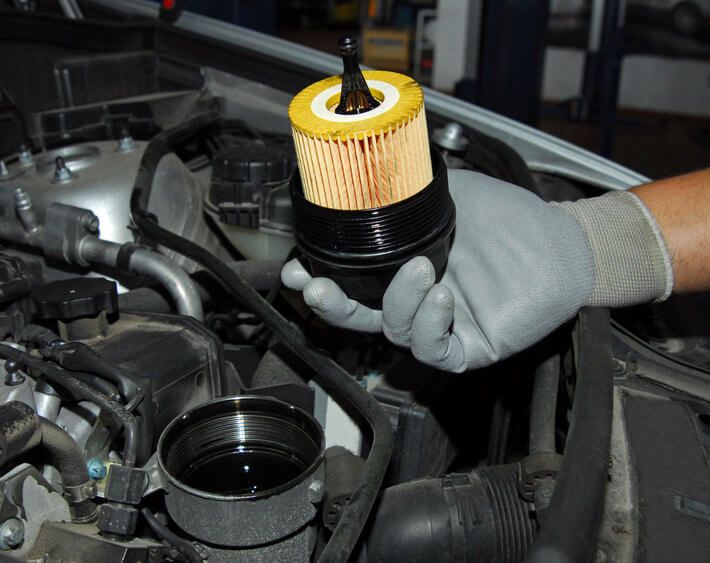You may have heard stories about zinc and motor oil, specifically how a lack of zinc can potentially cause camshaft failure. The real story about zinc and its presence in motor oil is a complicated one. Read on to learn more about the camshaft, what the real story is, and how things have changed over the years.
What is the relationship between zinc and the camshaft? The camshaft plays a crucial role in your vehicle’s engine. As the camshaft rotates, its lobes push down to open the engine's valves. The parts that press against these lobes are called “followers,” and they slide or roll along the surface of the lobe. At very high engine speeds, pressure builds up between the lobes and the followers. This intense pressure squeezes motor oil out from these two parts—creating the need for anti-wear additives. That’s where zinc originally entered the picture.
What does the zinc do in motor oil? Fun fact: what's referred to as “zinc” in motor oil is actually Zinc Dialkyl Dithiophosphate (ZDDP), but zinc is much easier to say! ZDDP anti-wear additives bond with the metal surfaces of the engine to create a coating that can handle the high pressures experienced by the camshaft and followers.
So, is there a downside to having zinc in motor oil? Tiny amounts of motor oil can end up in the combustion chamber of the engine. That helpful zinc in the oil can turn into ash, which is then sent down the exhaust pipe. There, it can settle into the catalytic converter, which can gradually make it less effective over time. Obviously, this isn’t great news for vehicle manufacturers who vouch for their engines for thousands upon thousands of miles, or years and years. Because of this, motor oil developers have been asked to reduce the amount of zinc they add to their formulas.
How has motor oil changed? Motor oil developers responded to this issue by reducing the amount of ZDDP additives in their oil. Luckily, this reduced zinc is still plenty for most stock production engines. Unless you’re dealing with a custom engine that has been rebuilt with non-stock parts or an antique push-rod engine, you should always use the motor oil recommended in the owner’s manual for your vehicle.
And finally, what motor oil should you use? Now that you’ve gotten the rundown on zinc in motor oil, you’re probably wondering which motor oil is best for your car. Motor oil has evolved greatly over time and advanced synthetic motor oils offer unparalleled wear protection with the current ZDDP level. Additionally, synthetic oils have better properties than conventional oils. For you, this means maintaining fuel economy and horsepower. It also means your engine starts easier in cold weather. Plus, using synthetic motor oil also means providing better protection between oil changes.
Get A Synthetic Motor Oil Change
Ready to make a change for the better? Check your owner's manual for oil specifications and if it's OK for your engine, make the switch to synthetic motor oil today! Schedule an appointment online and visit Firestone Complete Auto Care for a synthetic oil change near you.


